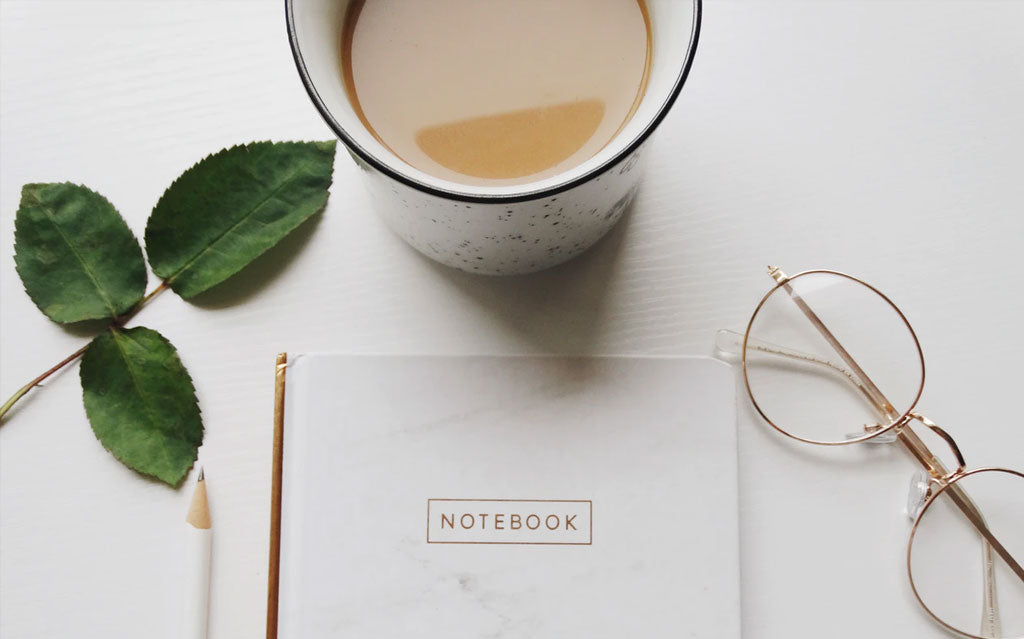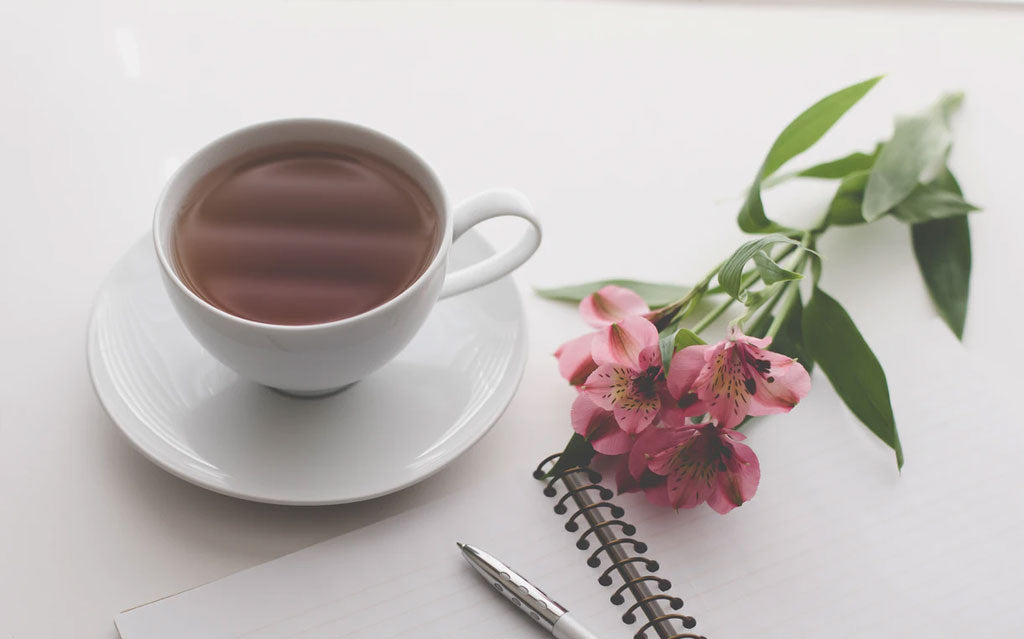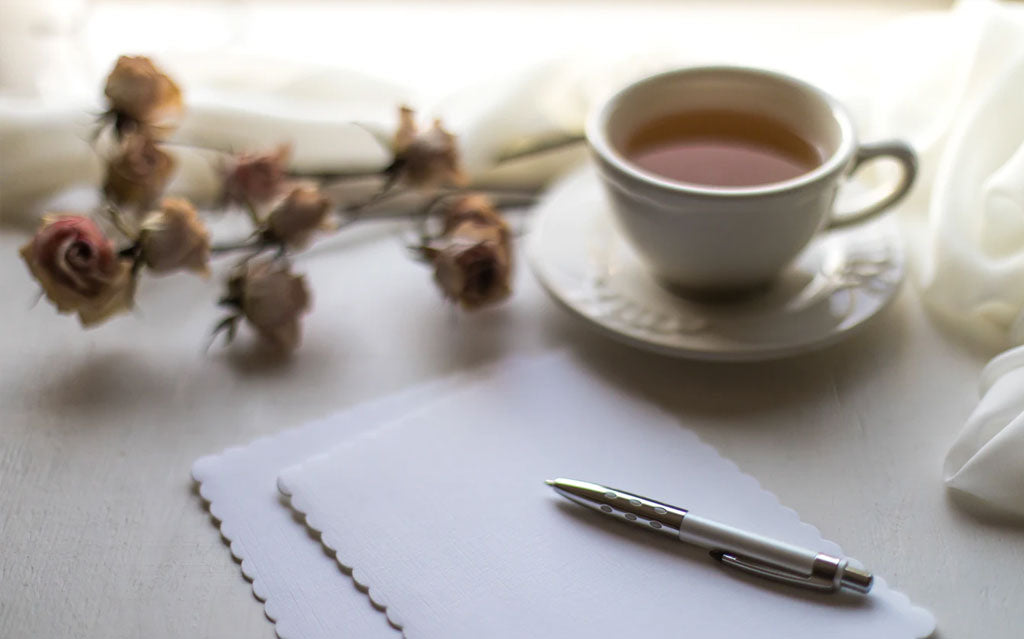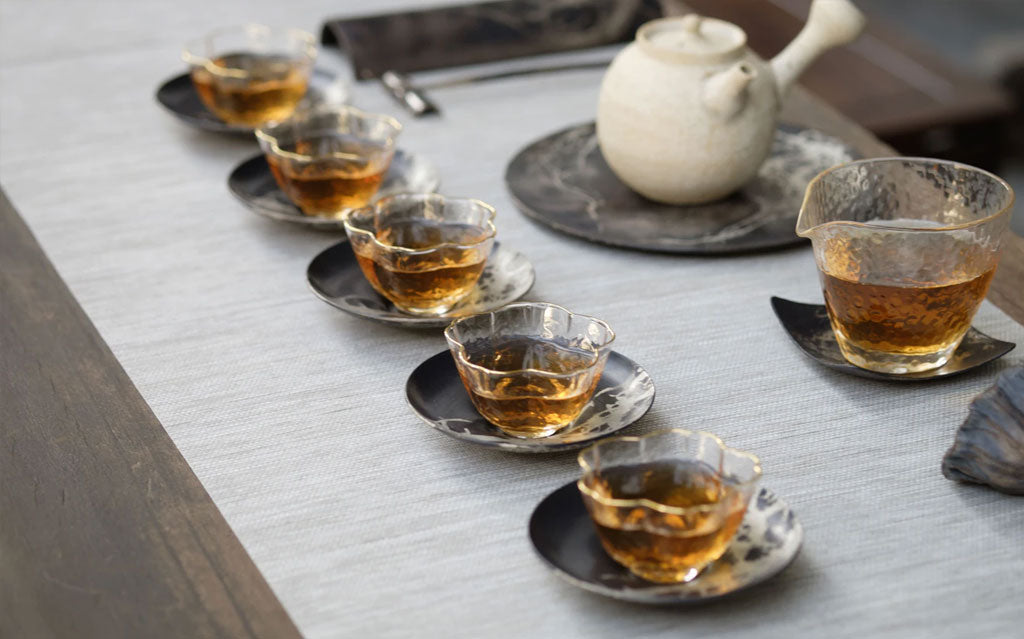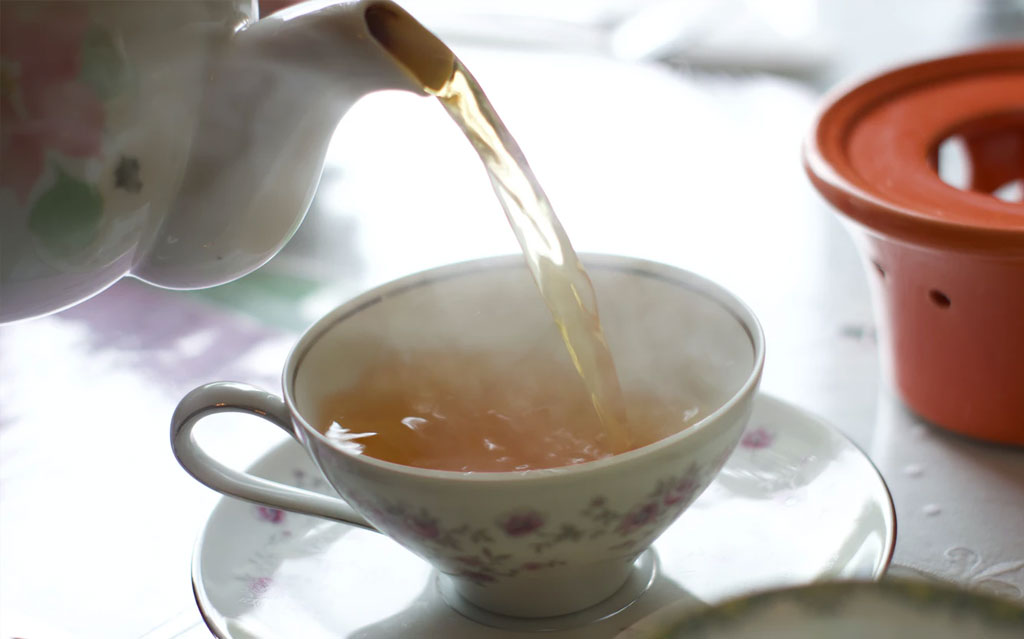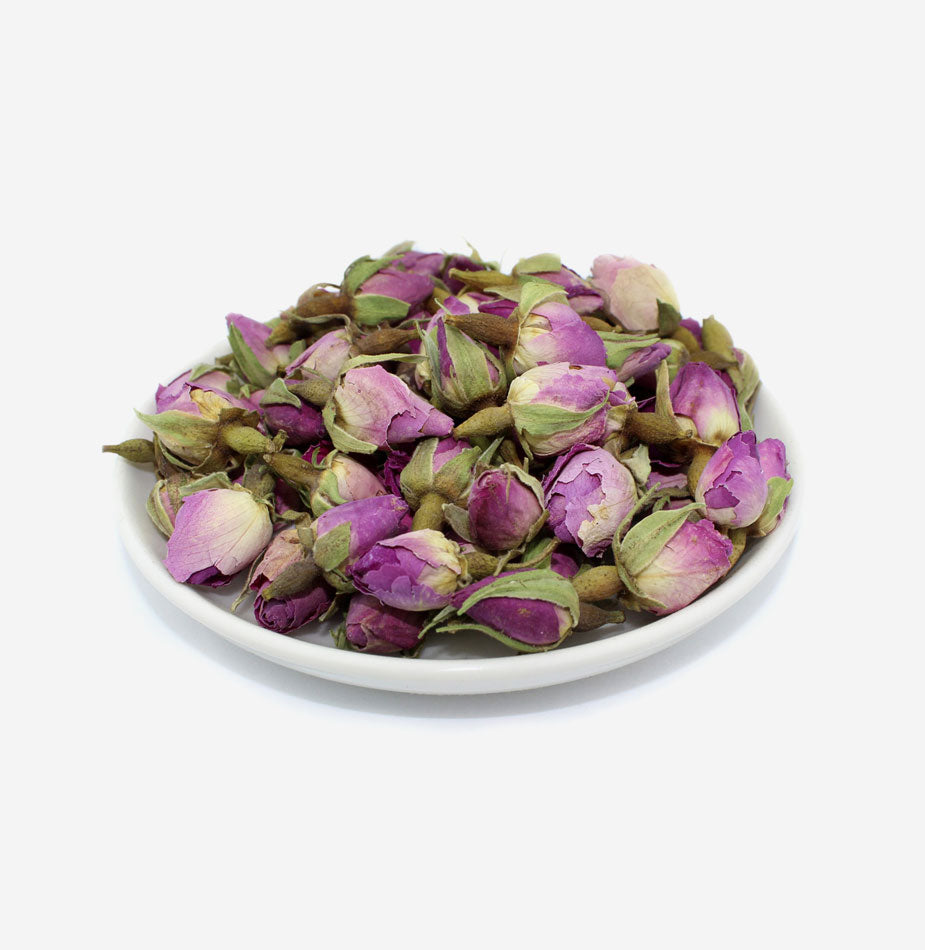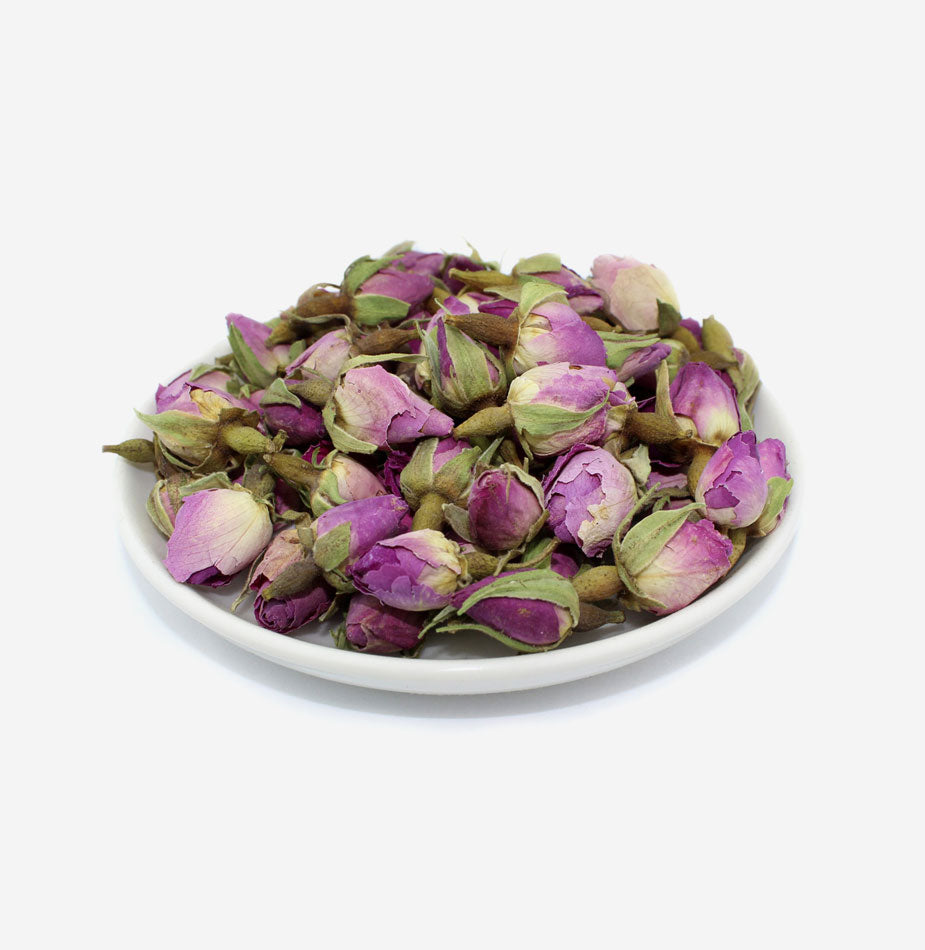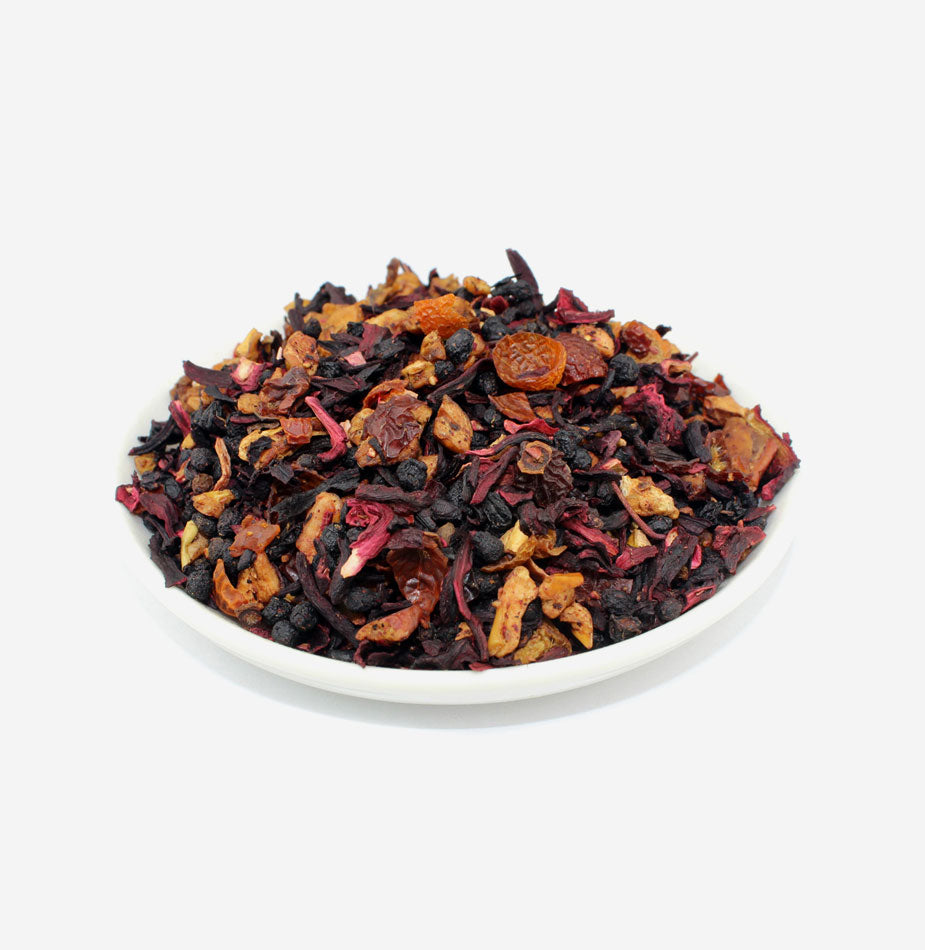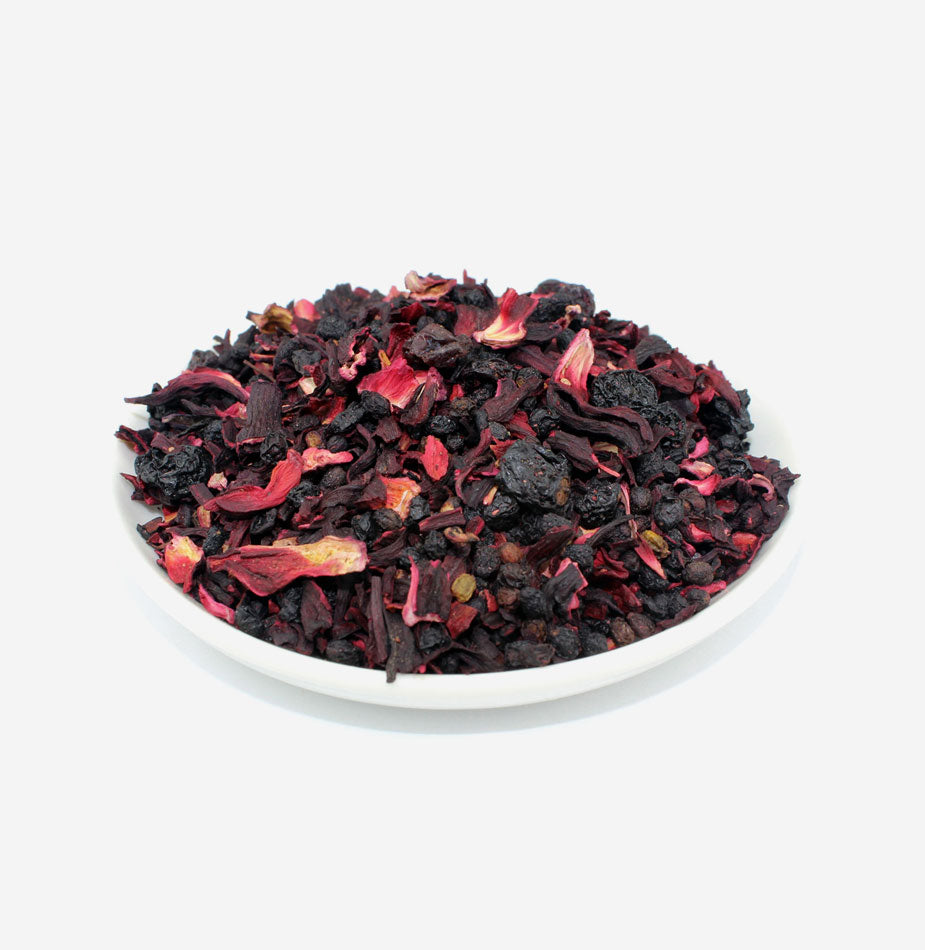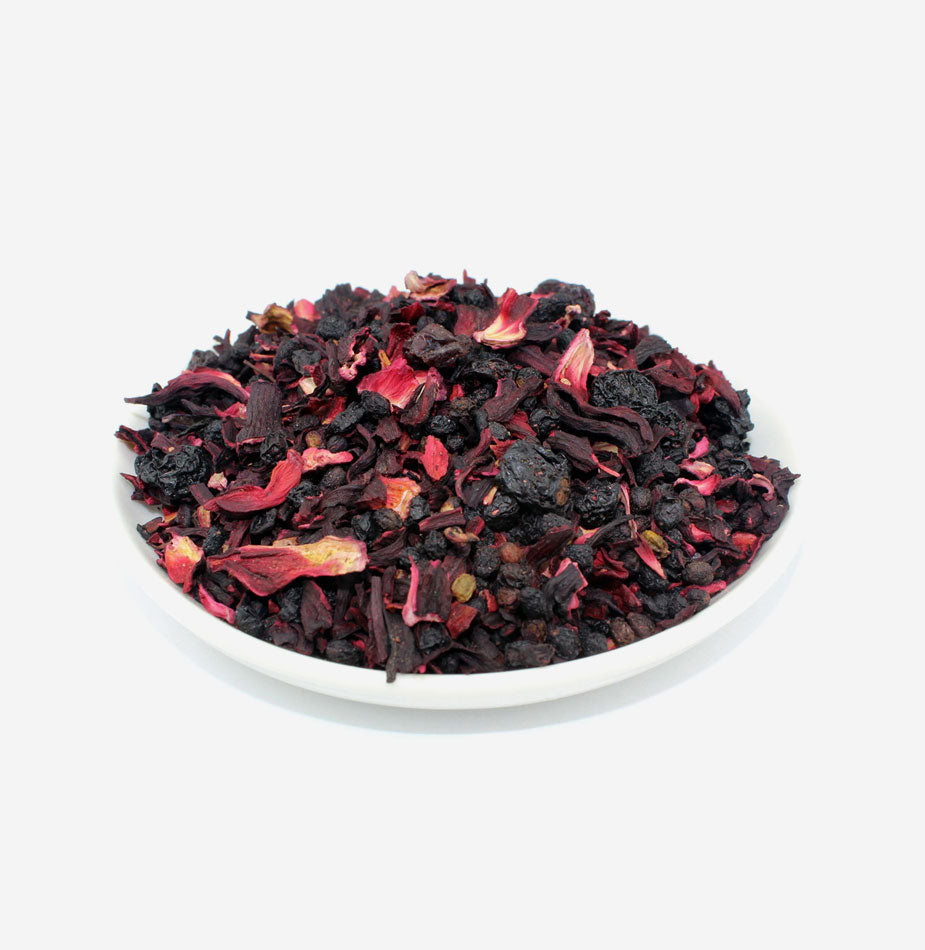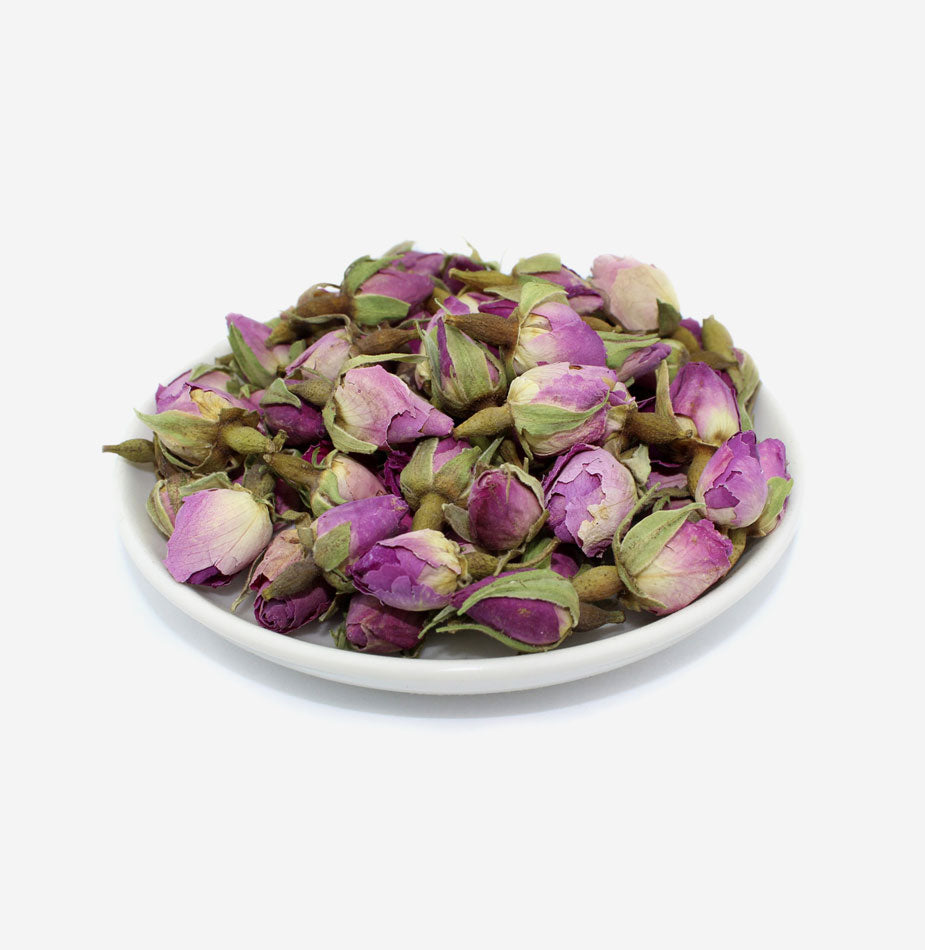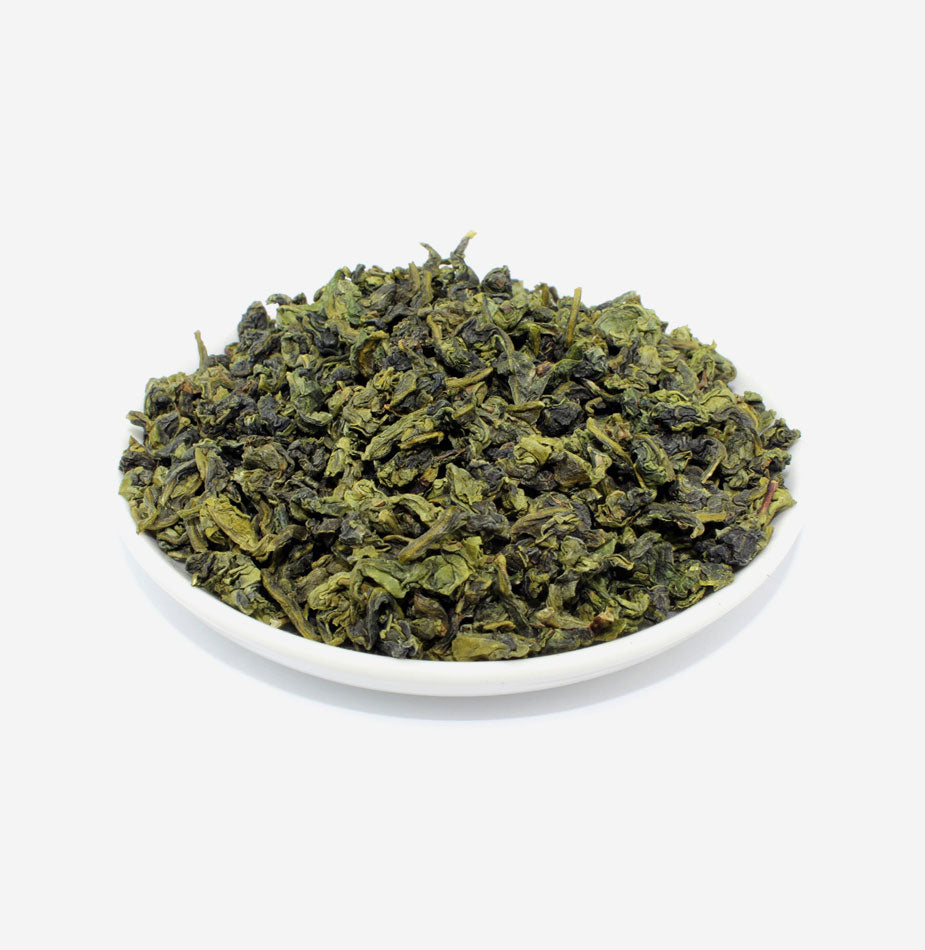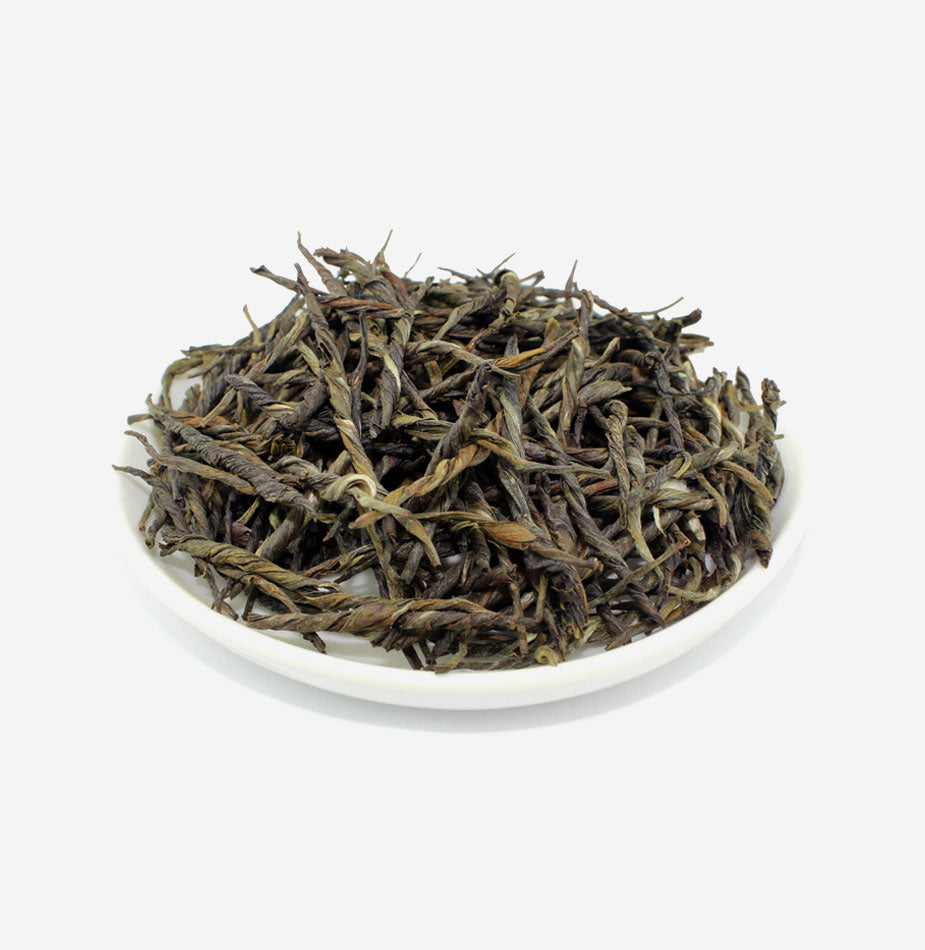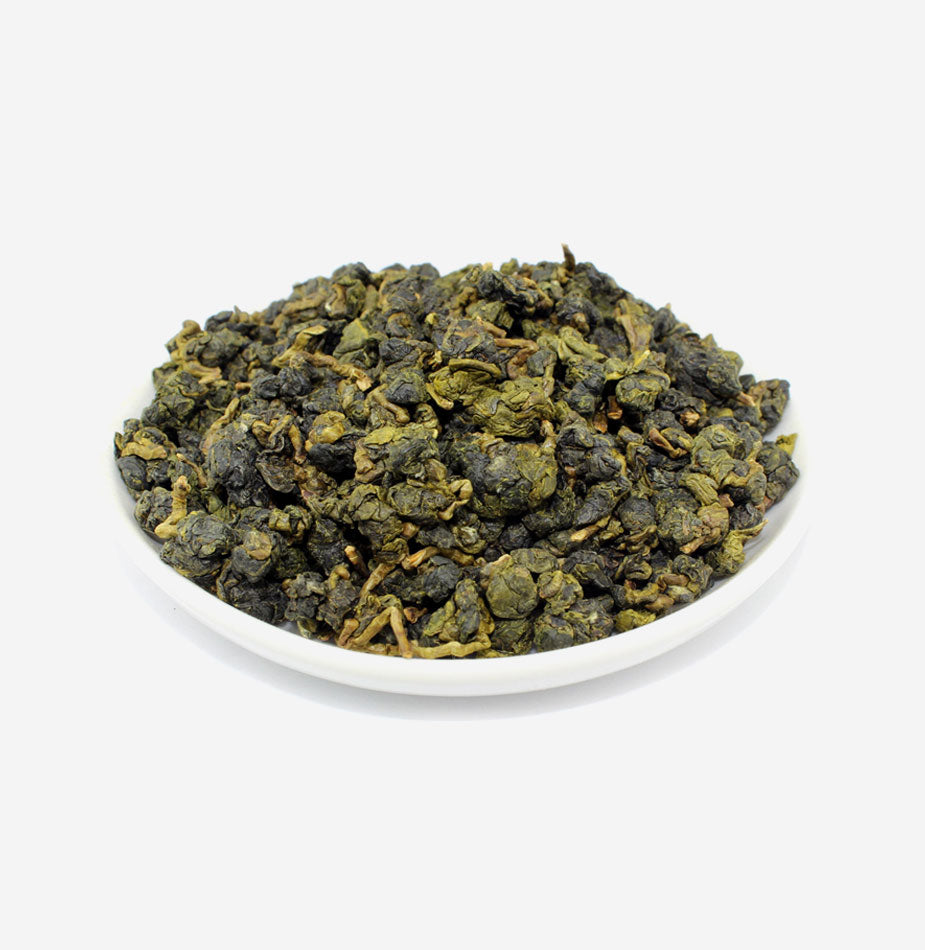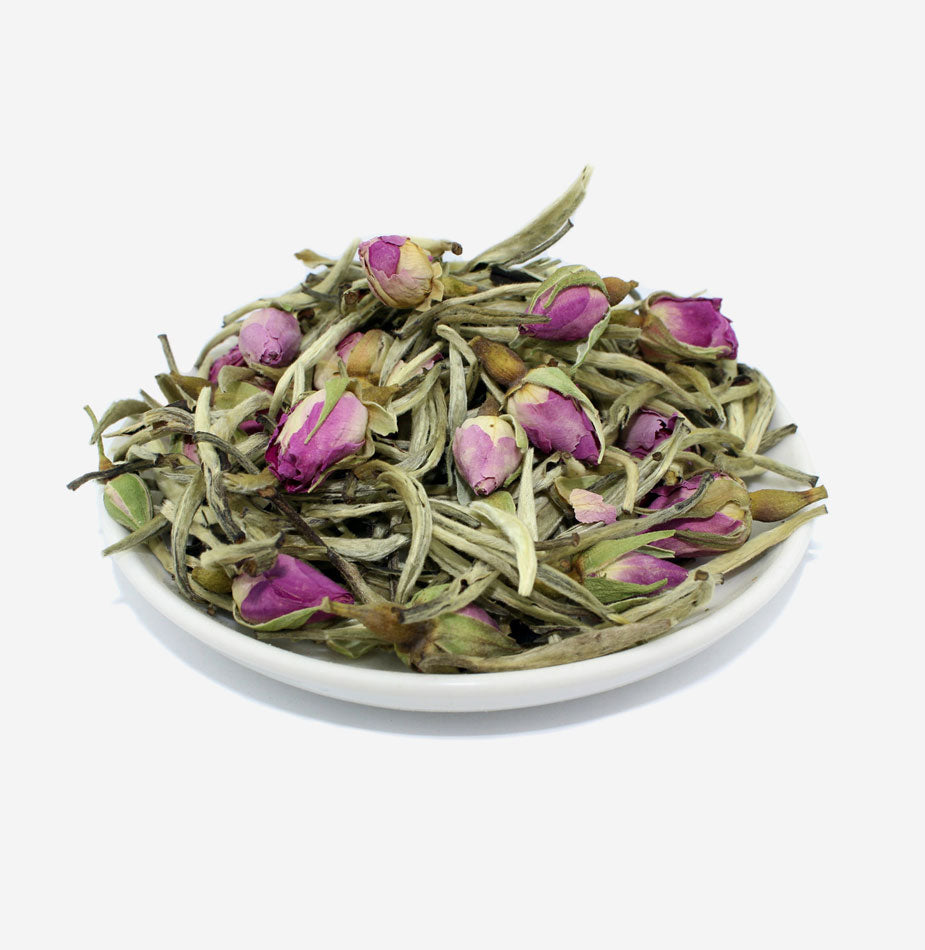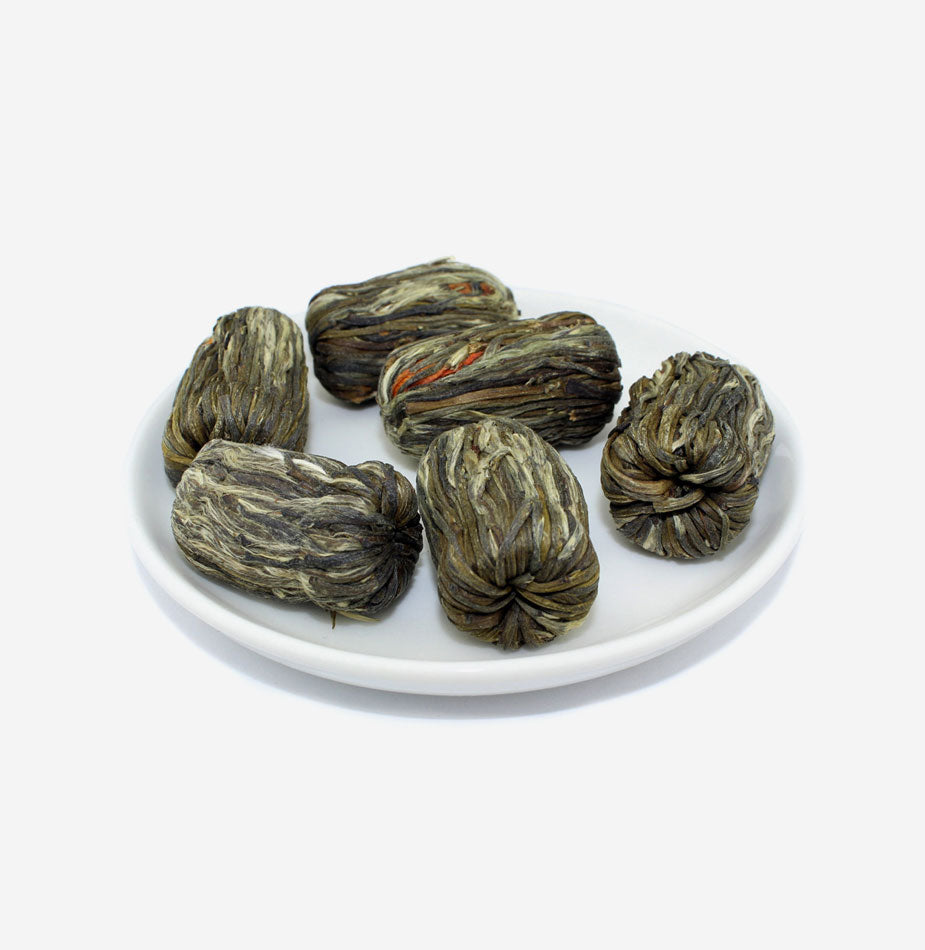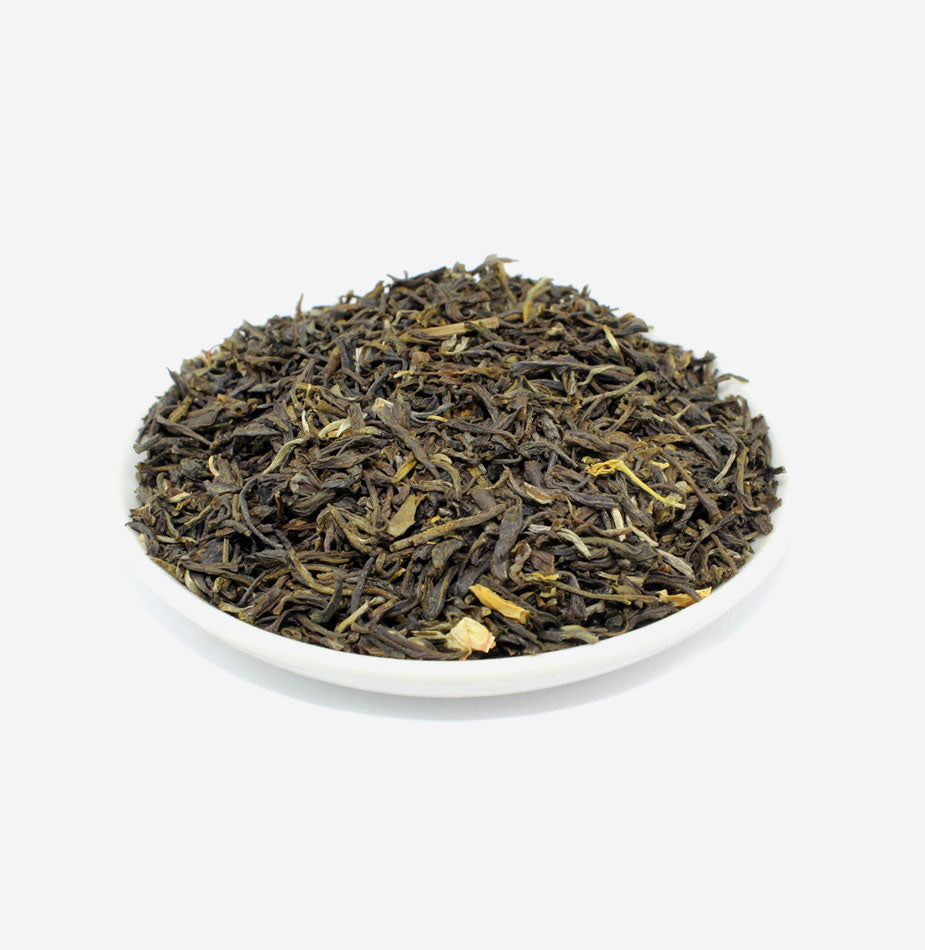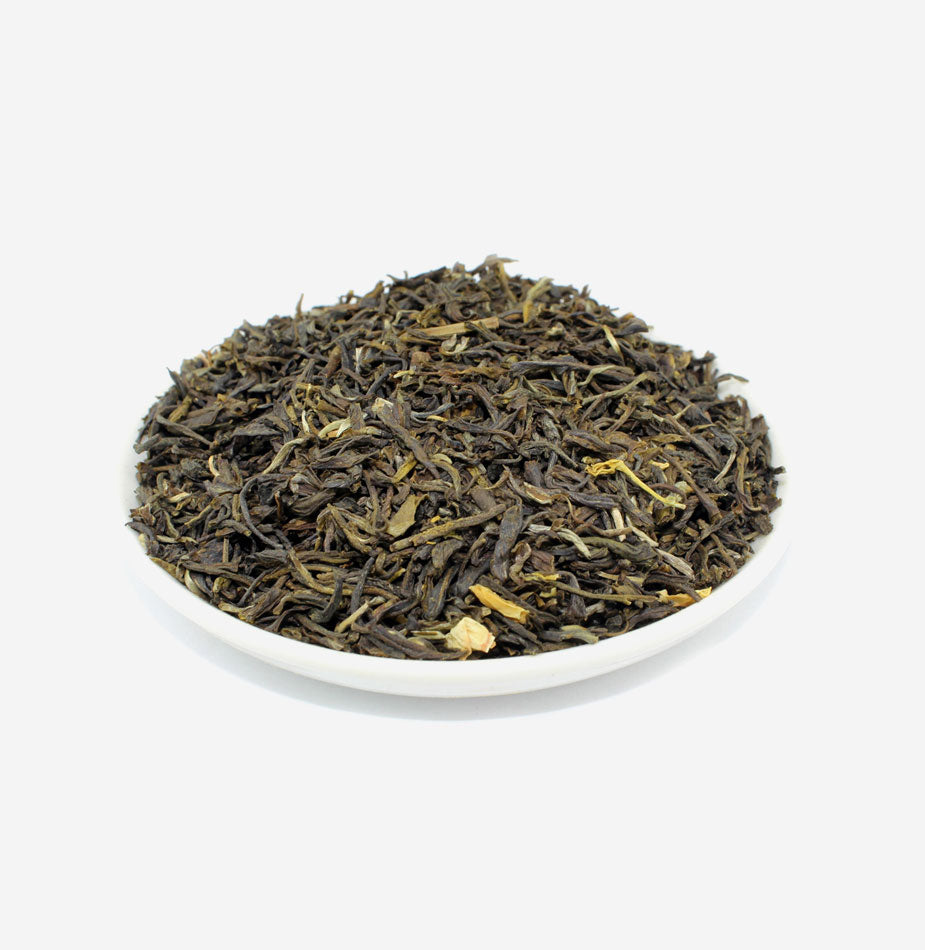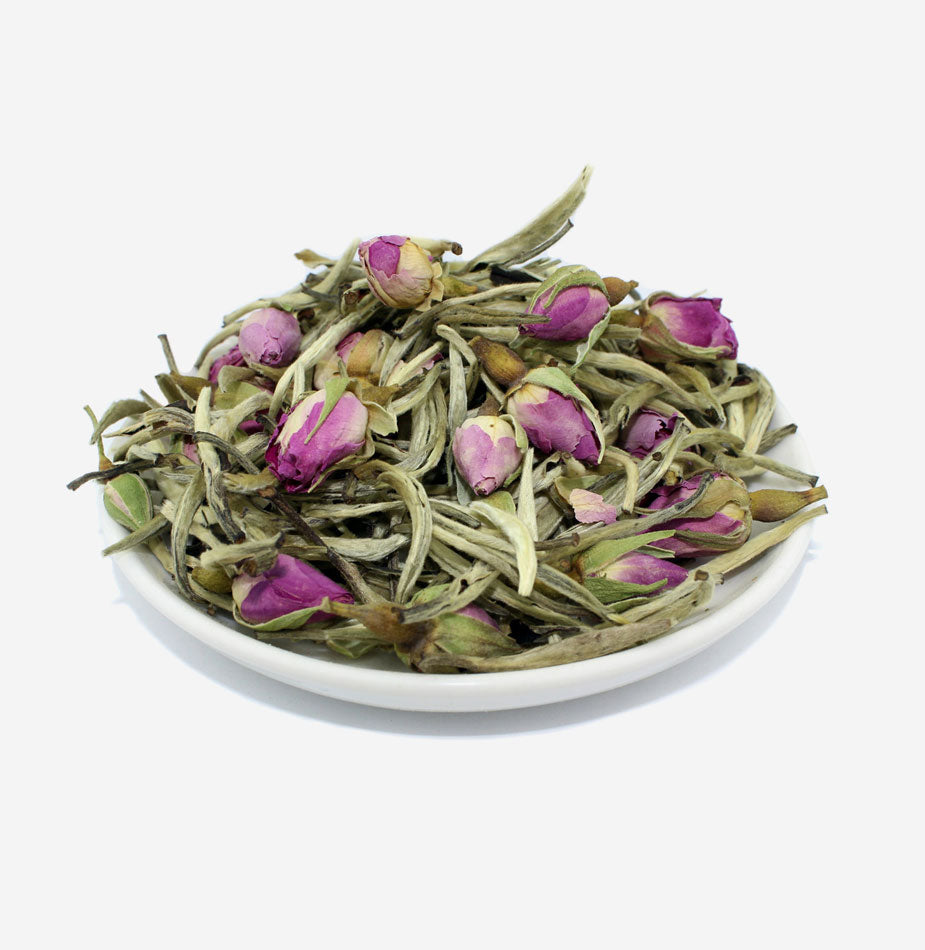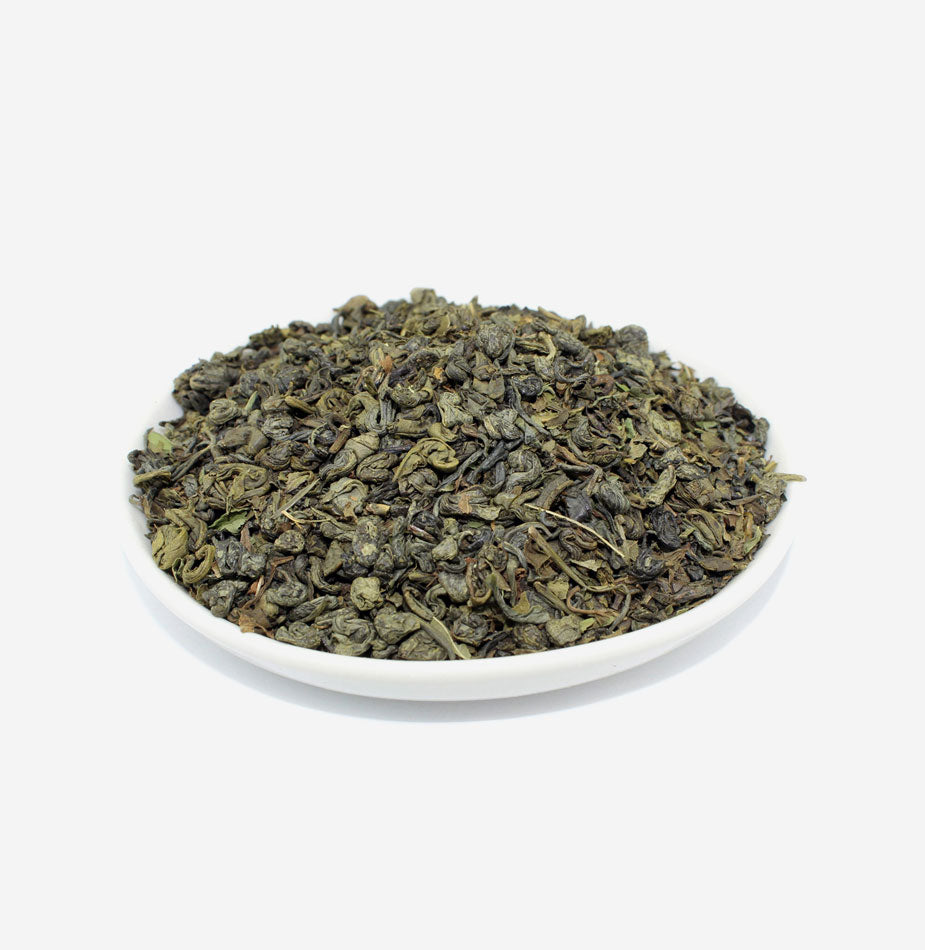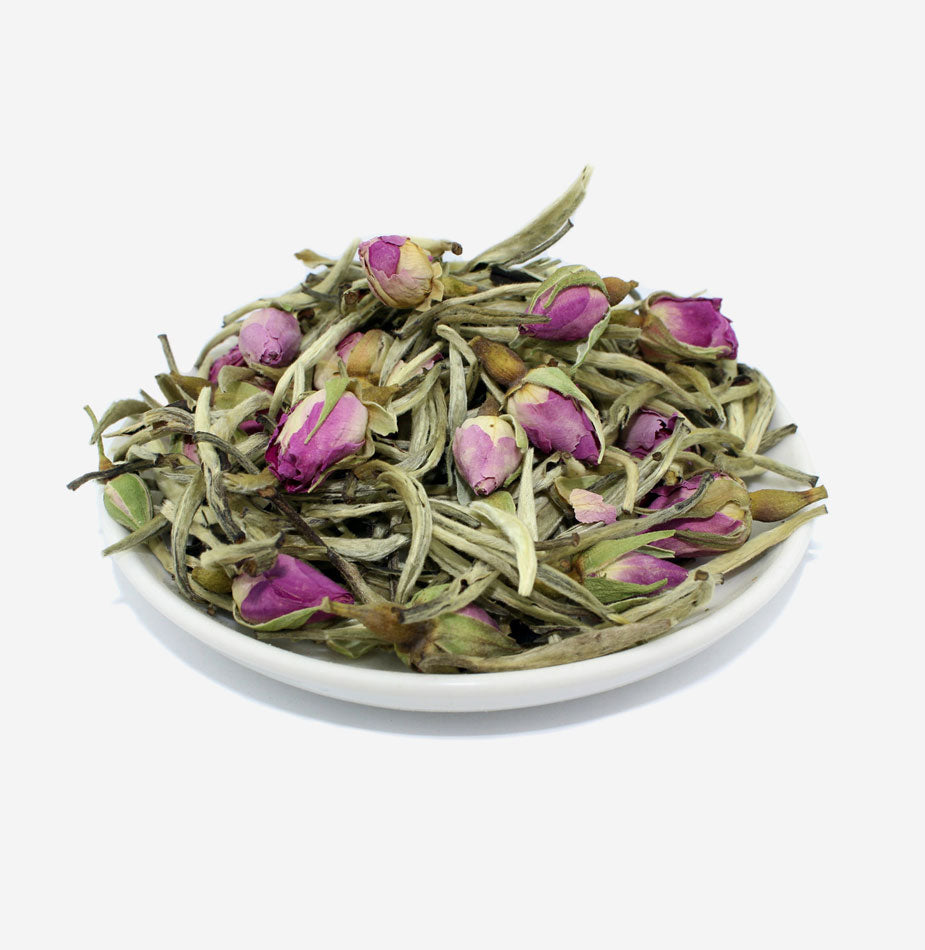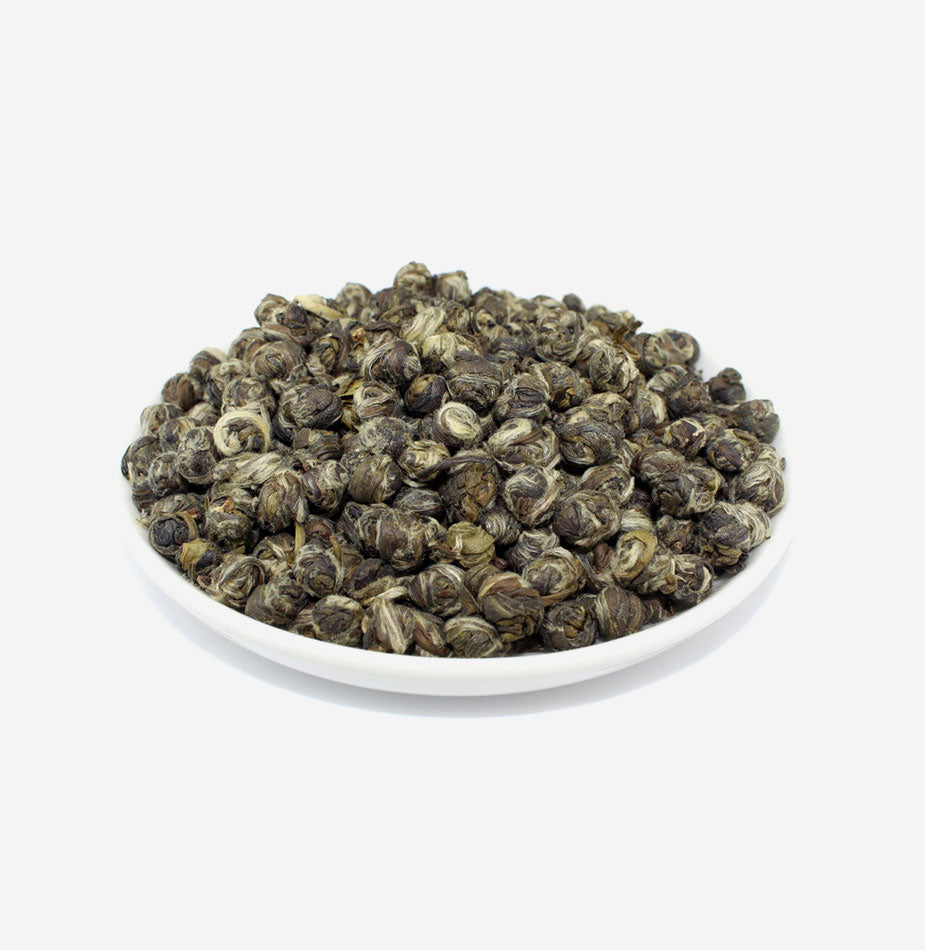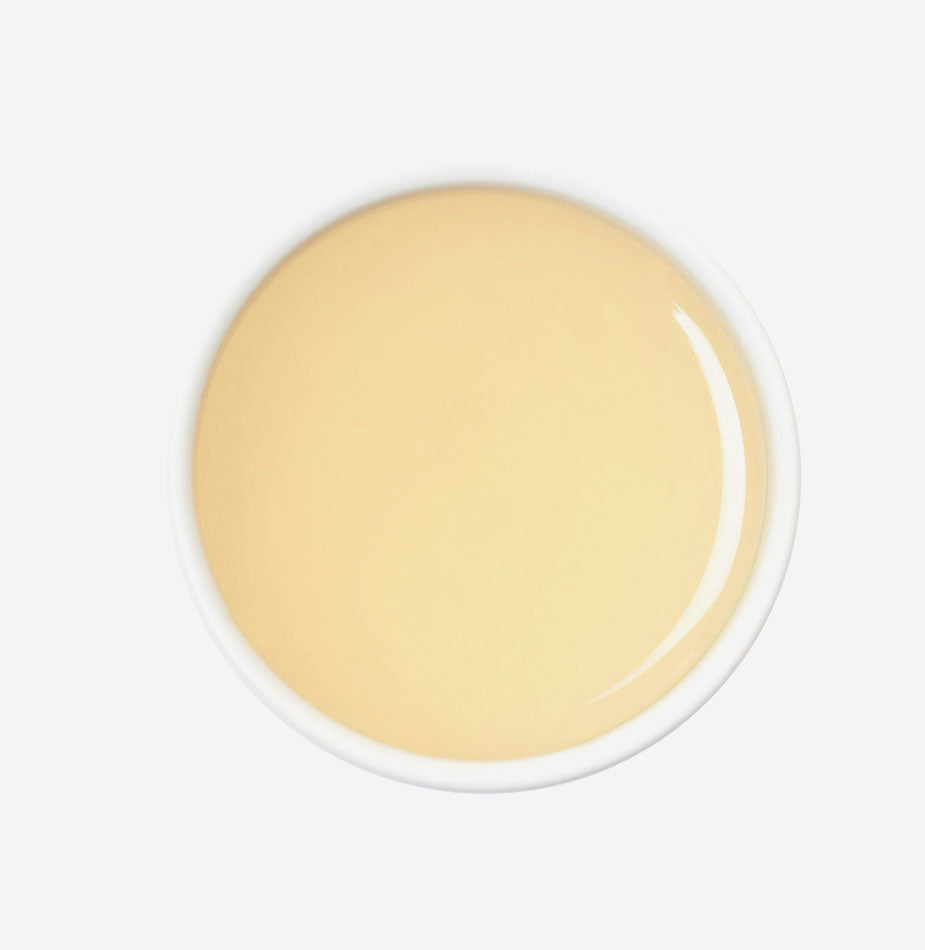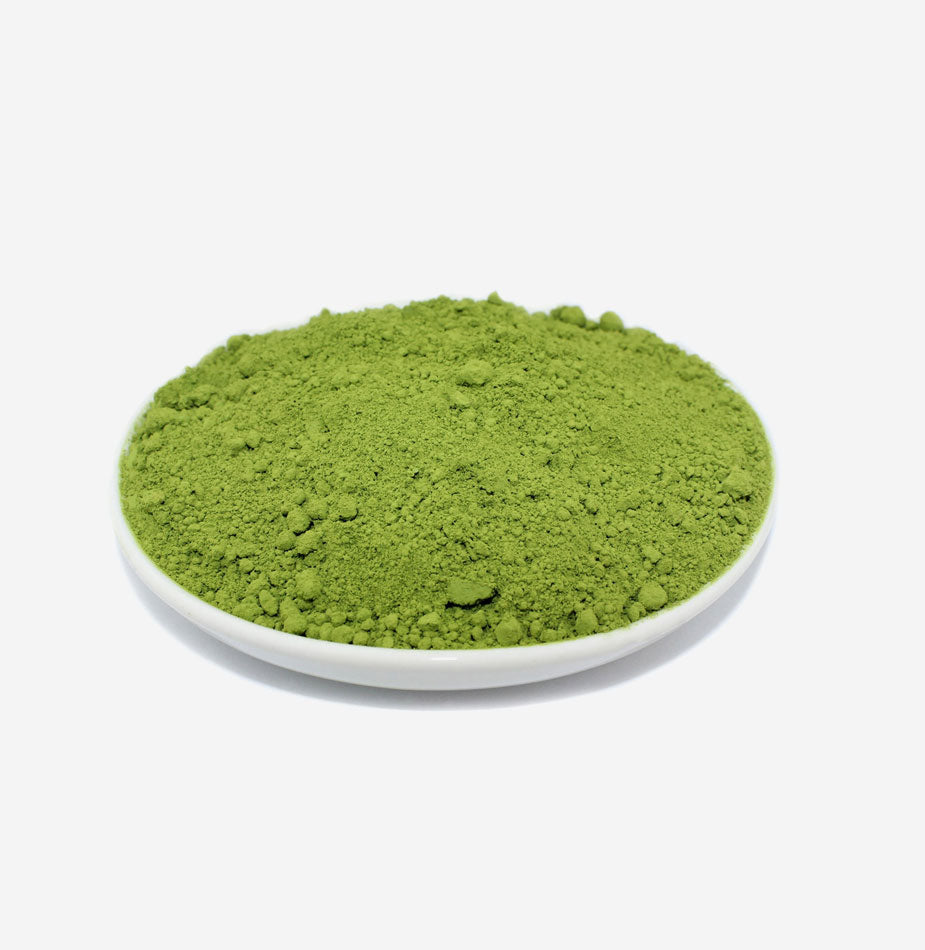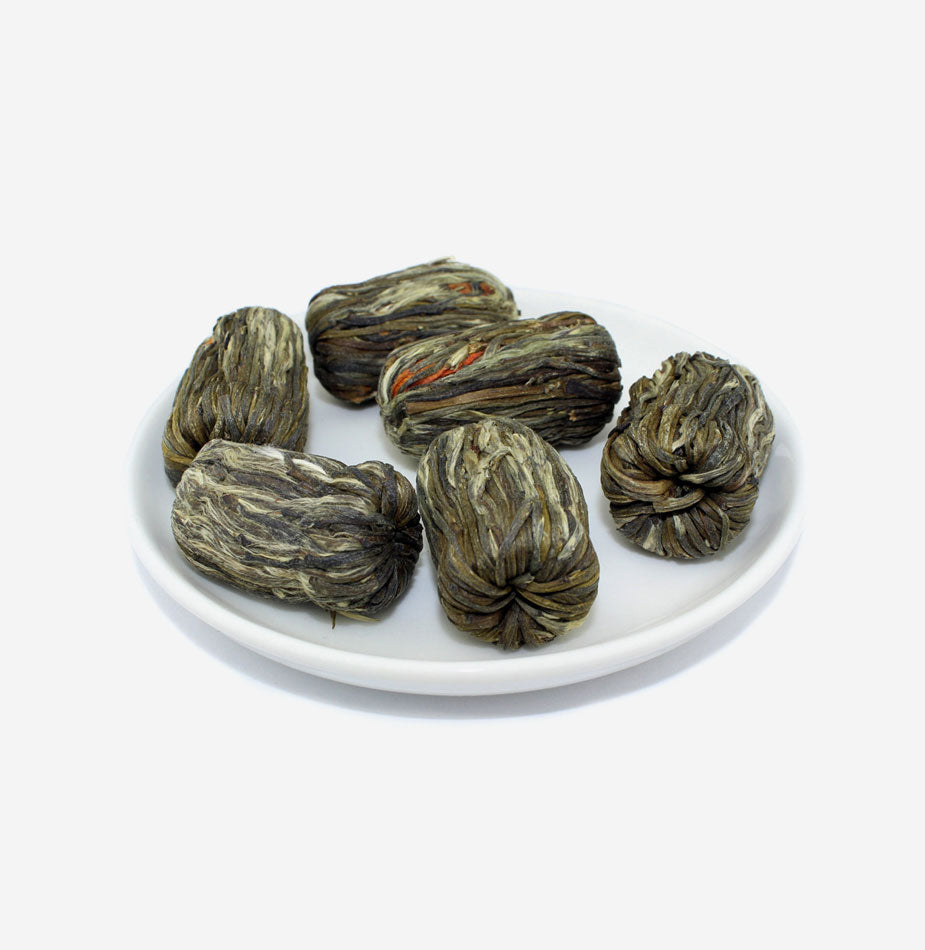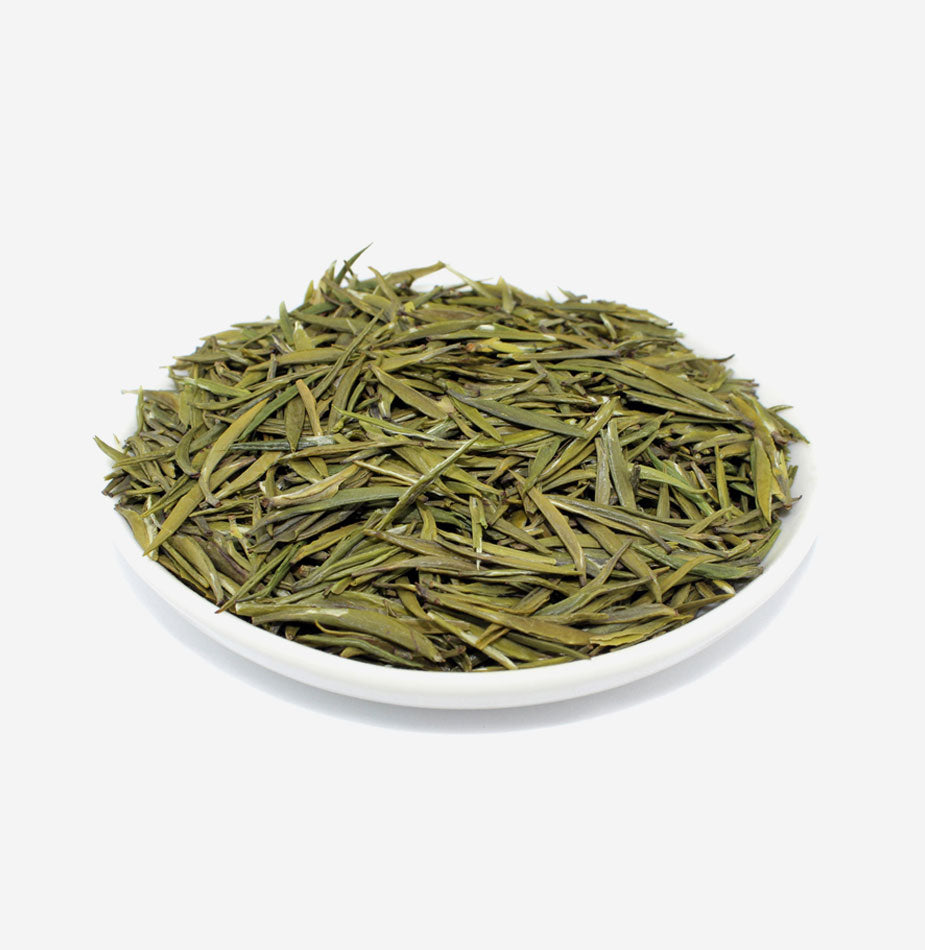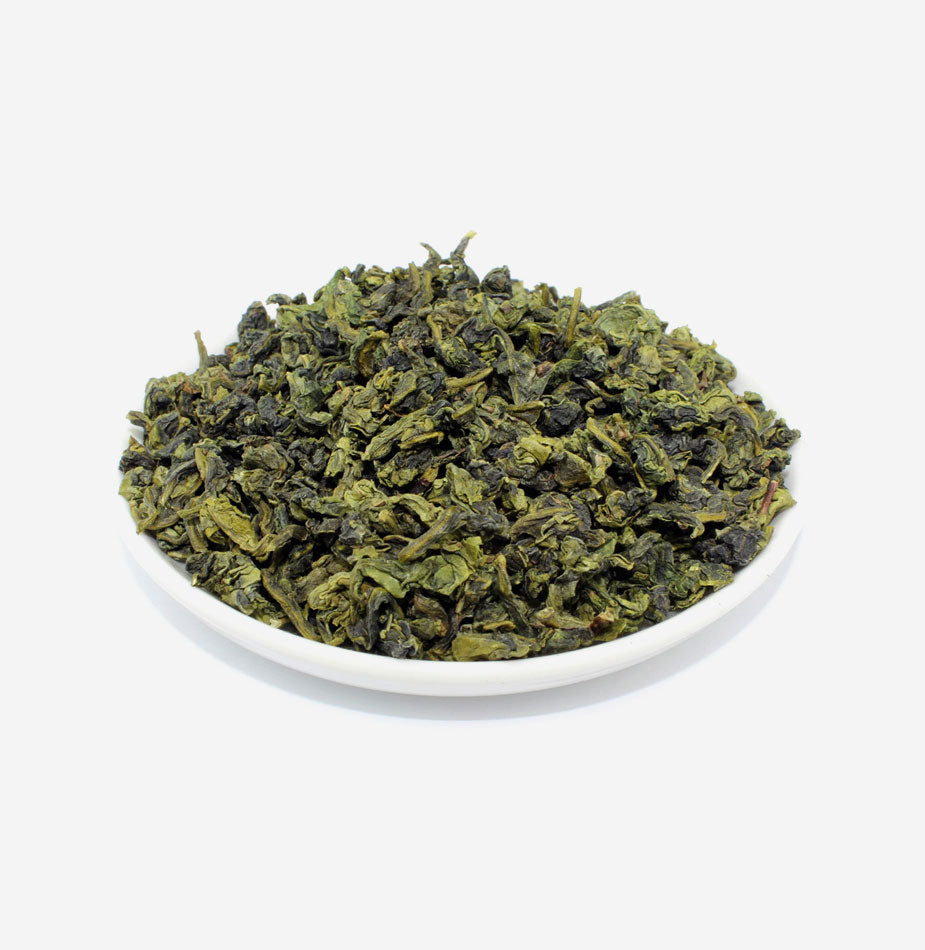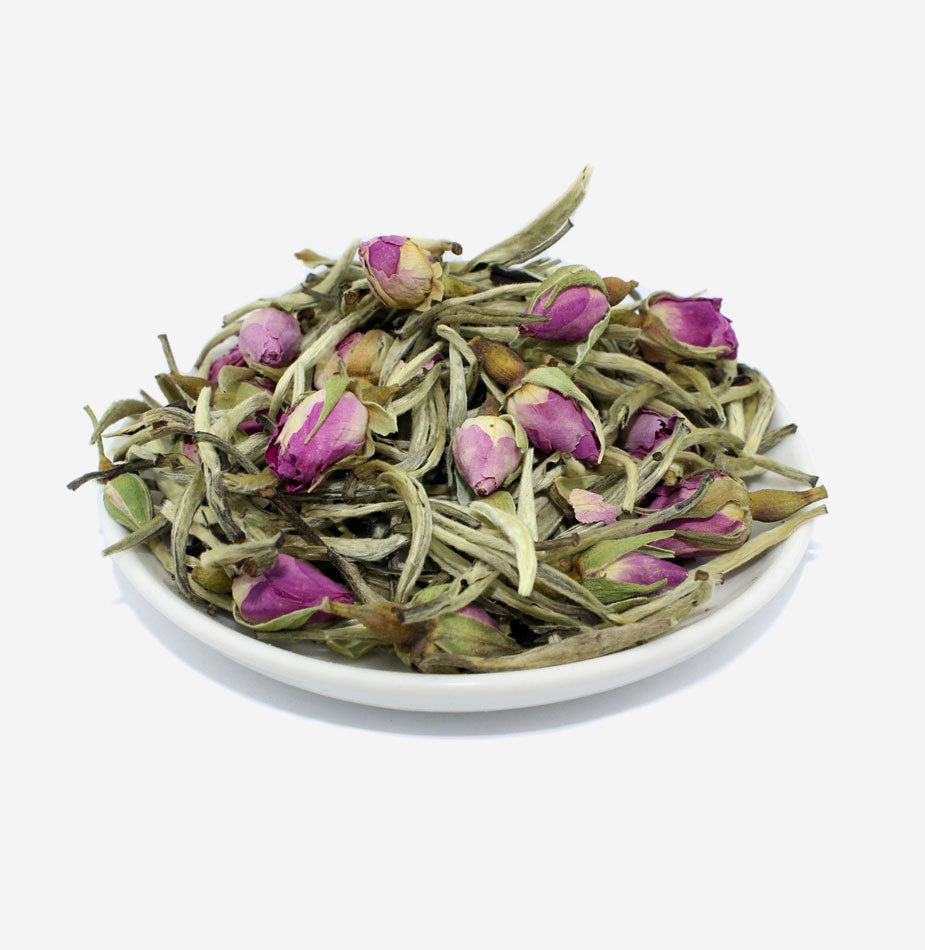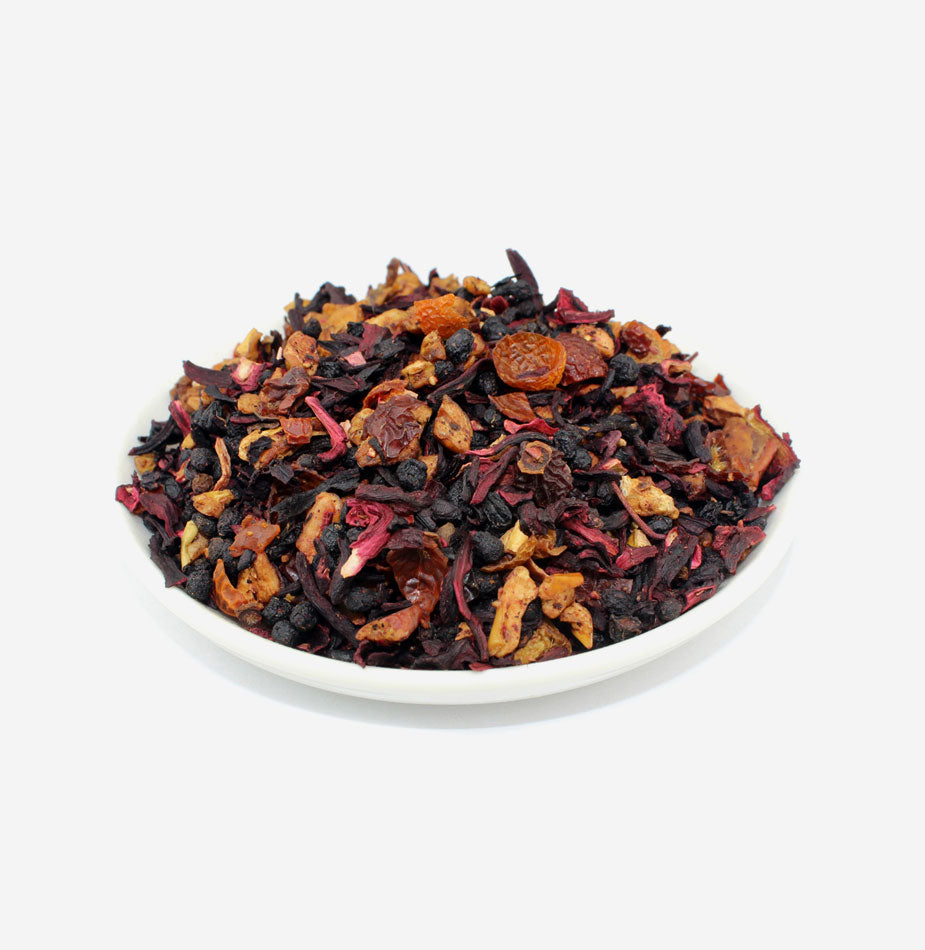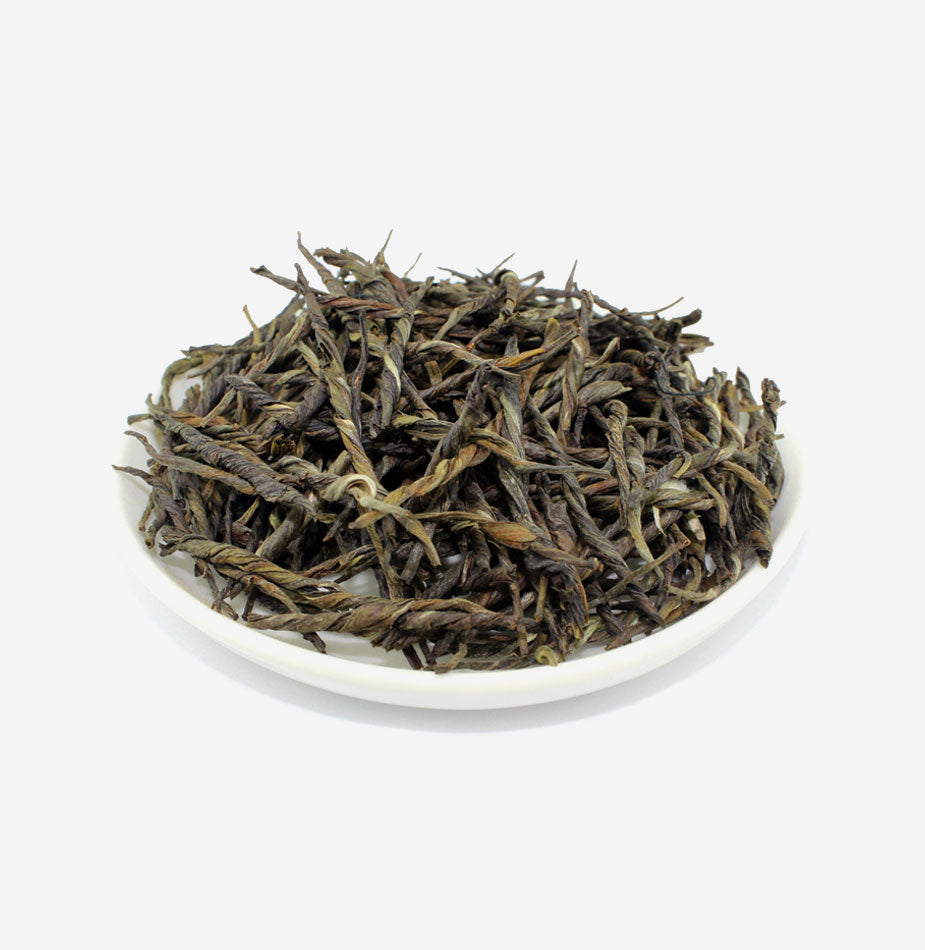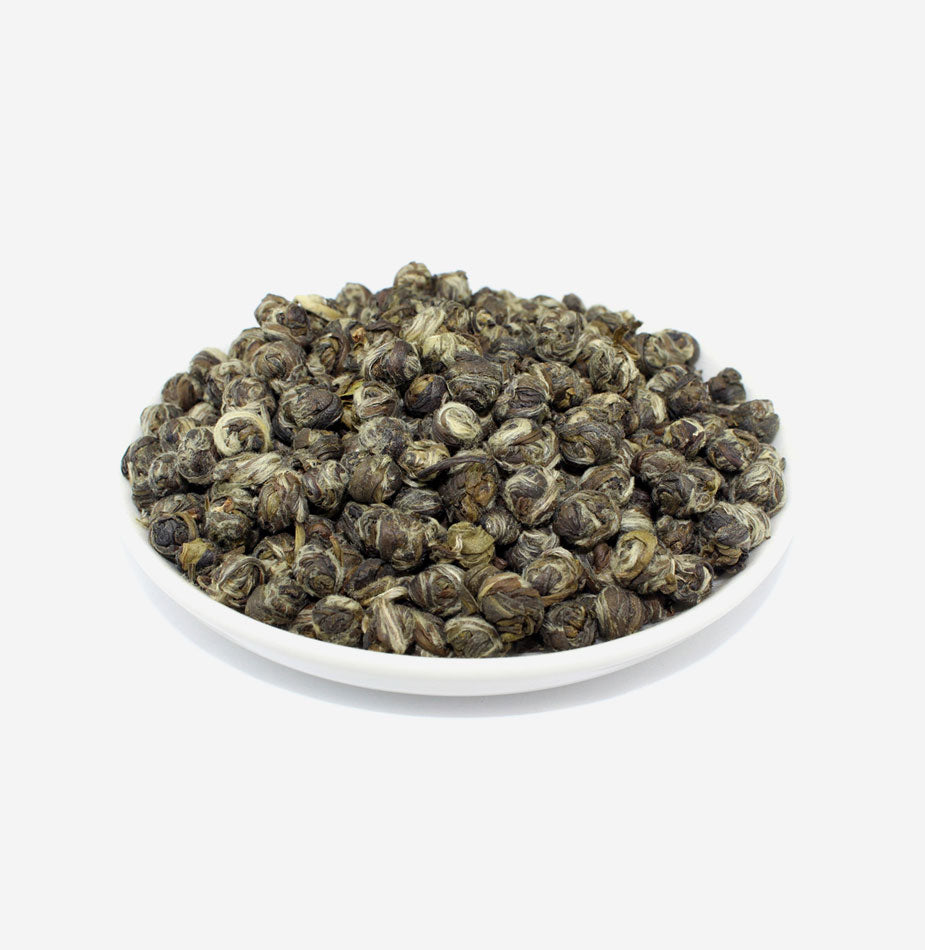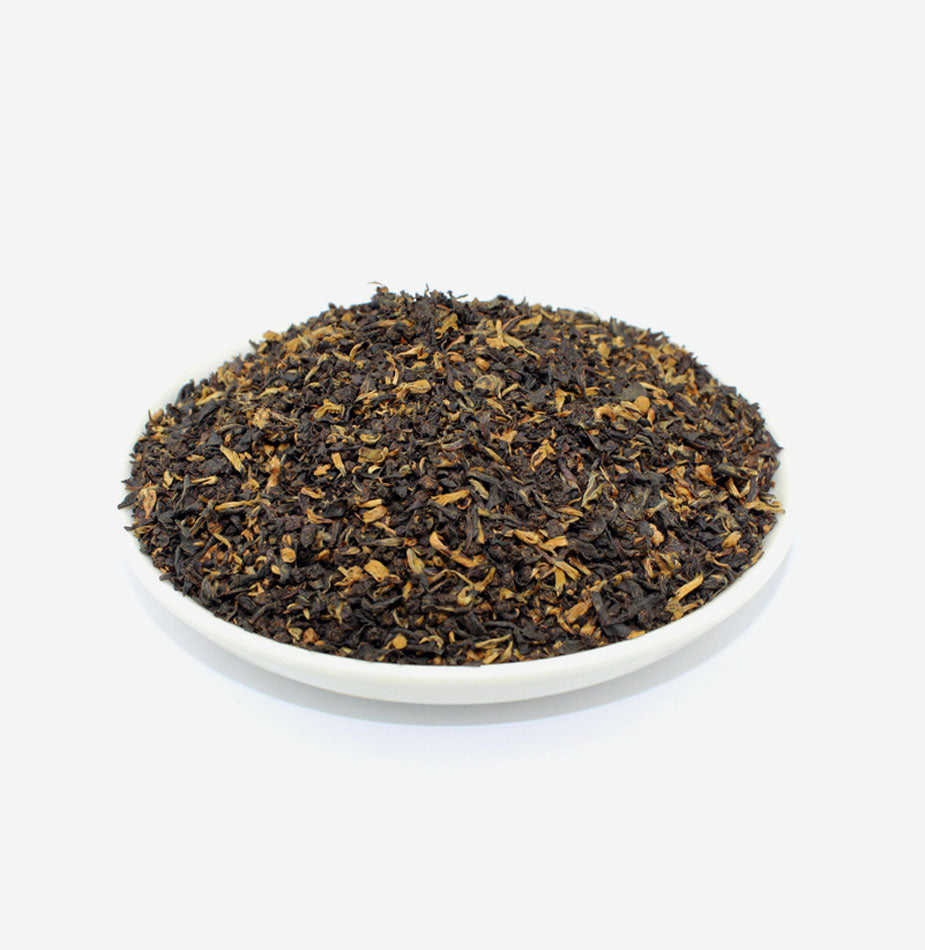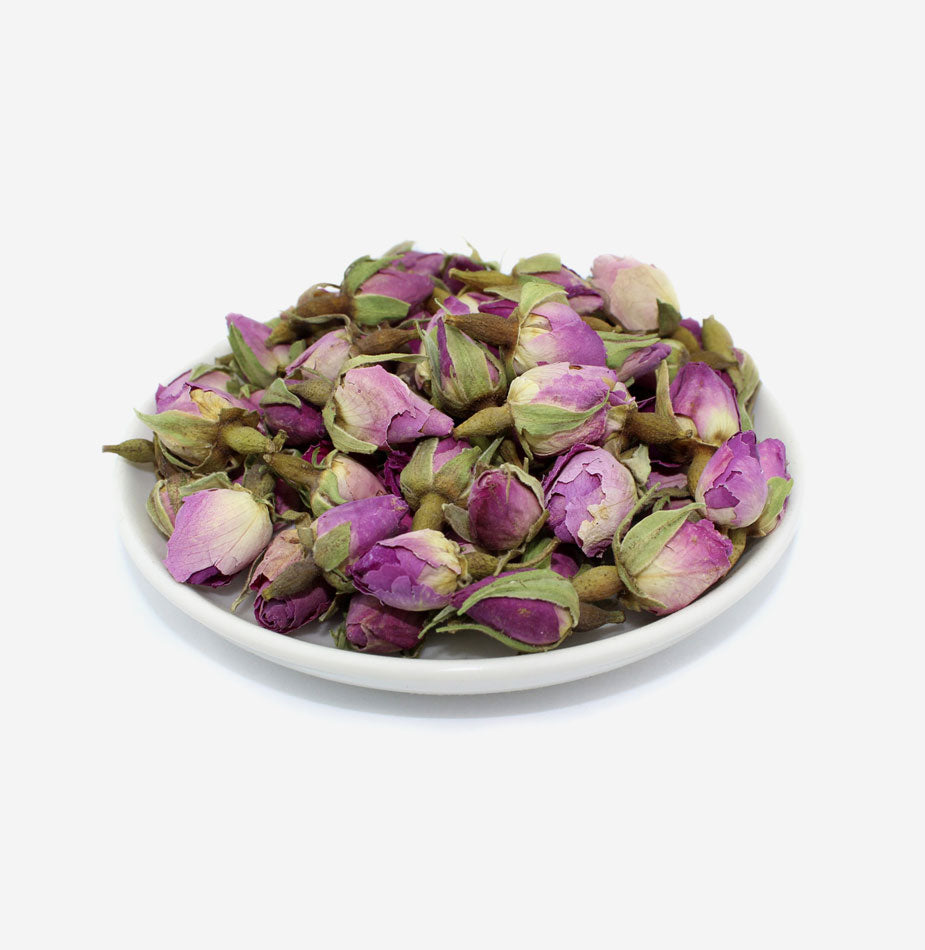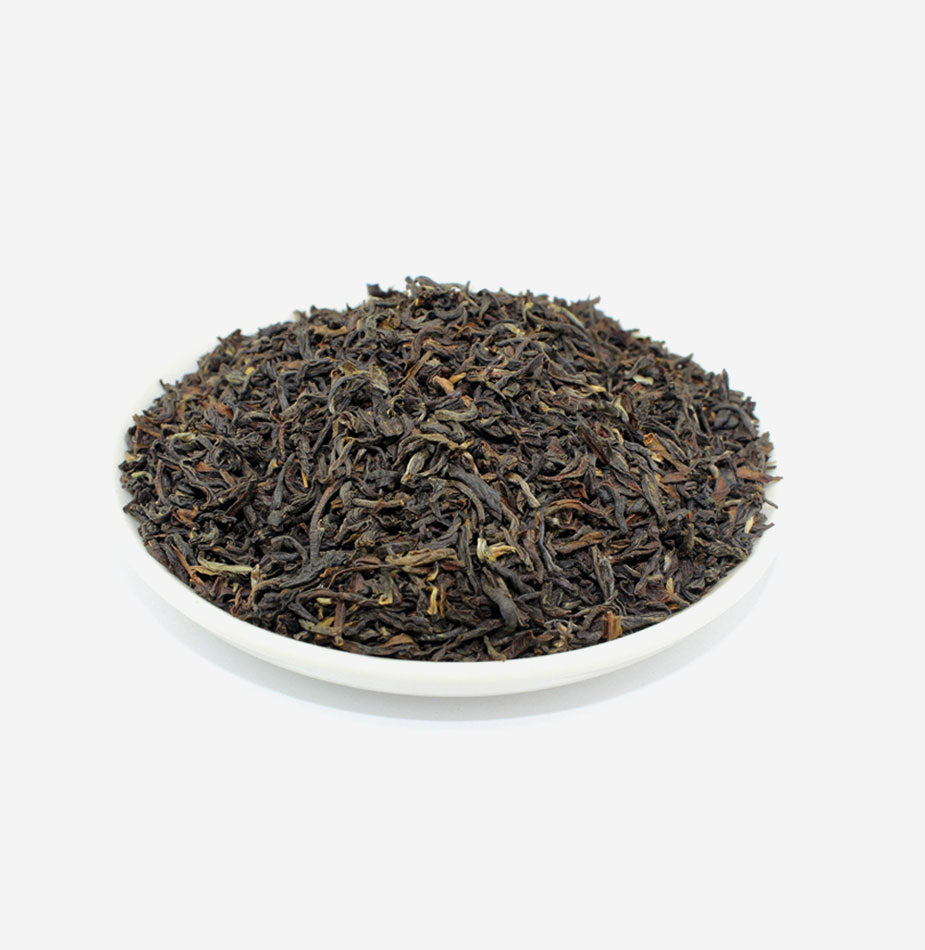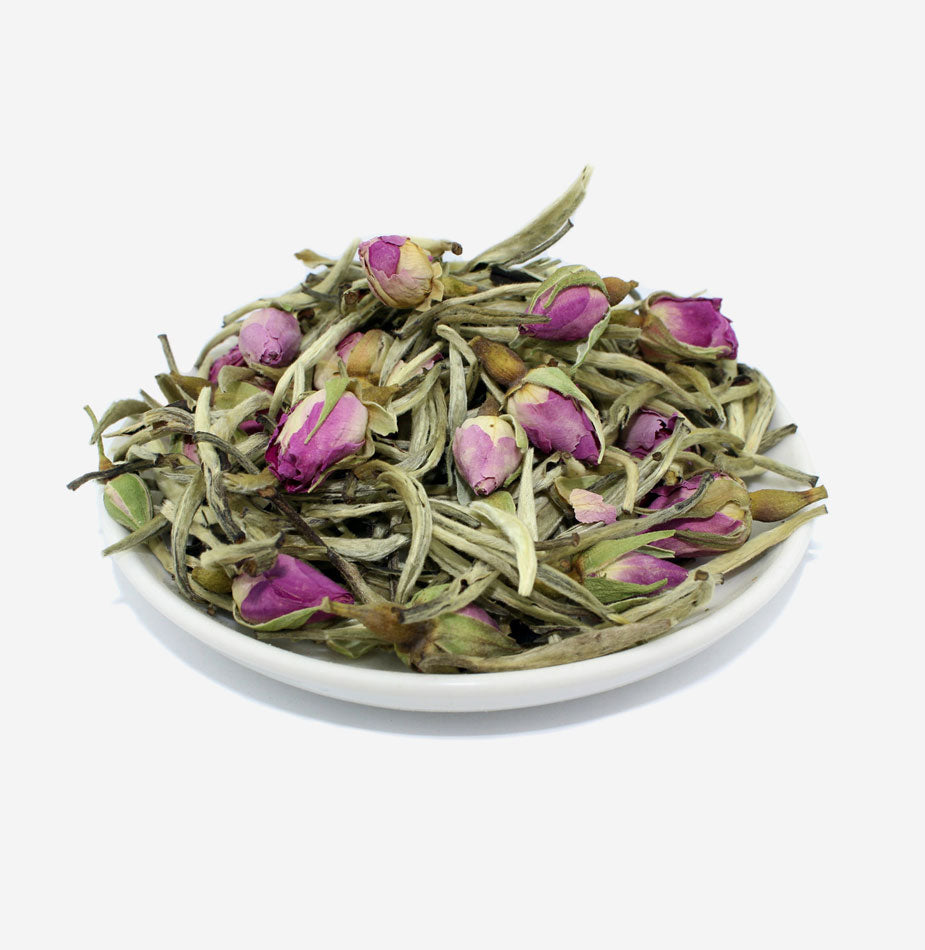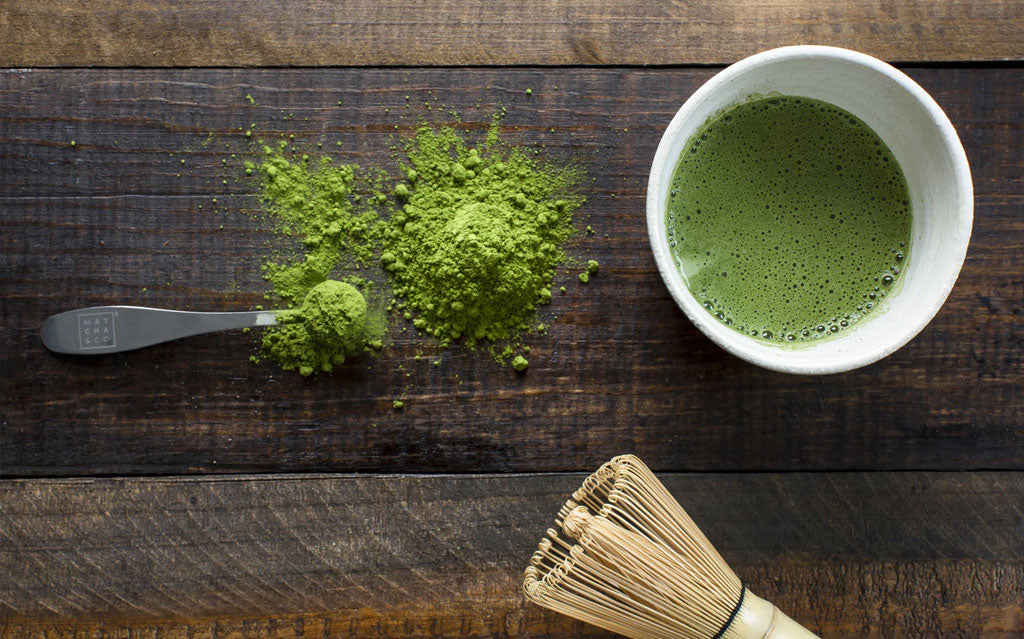
Oscar Brekell’s Tea Selection Misty Mountain

Alishan is a region of Taiwan well known for its high mountain oolong. The name might seemingly refer to a single mountain but it actually an entire range, consisting of about 25 major peaks. Tourists flock to the national scenic area there to witness the “sea of clouds” effect of the mist rolling over the mountains. This particular tea comes from the Shi Zuo area, also known as Stone Table. It was made from the Qingxing (Green Heart) cultivar. Leaf The dry leaf was tightly rolled and dark green in color. Some stems were visible (which isn’t necessarily a bad thing!) but they appeared to be well sorted. The aroma was faintly floral but that intensified to an entrancing orchid note once added to a preheated gaiwan. Porcelain gaiwans are always my go-to method for Taiwanese oolongs. I saw happy to see that Songyi Tea provided reasonable brewing parameters. The first infusion of 40 seconds really let the leaves open up so that I still got a ton of flavor with a 20-second brew on the following round. Liquor Exquisite Alishan brewed up a deep shade of gold. The taste was super perfumy with the same heady orchid notes that I picked up in the dry leaf. That transitioned into hints of juicy peach, especially in later infusions. Although the roast was light, the vegetal aspects of this tea were not overbearing. It came across as a crisp freshness with a subtle minerality, no doubt a result of the gravelly soil in this region. Songyi Tea is based in Taiwan but their tea is available for sale through Etsy. At less than $0.30/g, this is a moderately priced entry for those looking to explore high mountain oolongs. Have you ever tried tea from Alishan? Let me know your thoughts in the comments below! Exquisite Alishan Oolong Tea sample provided for review by Songyi Tea.Doesn’t the name Misty Mountain just make you want to drink this tea? This is the second tea that I’m sharing from Oscar Brekell’s Tea Collection. Several teas were generously gifted to me when I attended his book signing in NYC. I love being able to reference his book while enjoying the teas that he carefully curated. His teas were only available for sale in Japan but you can now purchase them directly through his website. One of my tea goals for this year is to dig deeper into Japanese cultivars. Yabukita is by far the most prevalent but there is a lot out there to explore. This tea was made with Sayamakaori. Oscar’s book noted that the leaves grow evenly, almost like needles. Ricardo of My Japanese Green Tea is always my go-to for this kind of information. He wrote that the main benefits of Sayamakaori are higher yield and resistance to cold. Leaf The dry leaves were beautiful to look at. They consisted mostly of larger needles with a deep green color and subtle sheen. That slight shine is one of the things that I look for when trying to select a Japanese green tea. Dull leaves will generally be lower quality. I opted to brew this tea in a Tokoname Kyusu. There is something about using it just for my Japanese teas that makes the experience extra special. I was surprised by how much the leaves unfurled after the first infusion. From their appearance alone it was obvious that a lot of care was taken during production. Liquor Misty Mountain brewed up a deep greenish-yellow color. My initial impression was vegetal and brisk with a lot of natural sweetness. Oscar described this tea as having a forest-like aroma and I would agree with that. There was an almost piney freshness that made me want to keep drinking. Misty Mountain was the perfect name for this tea! It was noticeably lower in umami than most of the sencha that I’ve had lately. This is a great choice for those who aren’t big fans of that taste. It packed plenty of astringency but never stepped over the line into bitterness. Note of toasted sesame popped up in the aftertaste.

